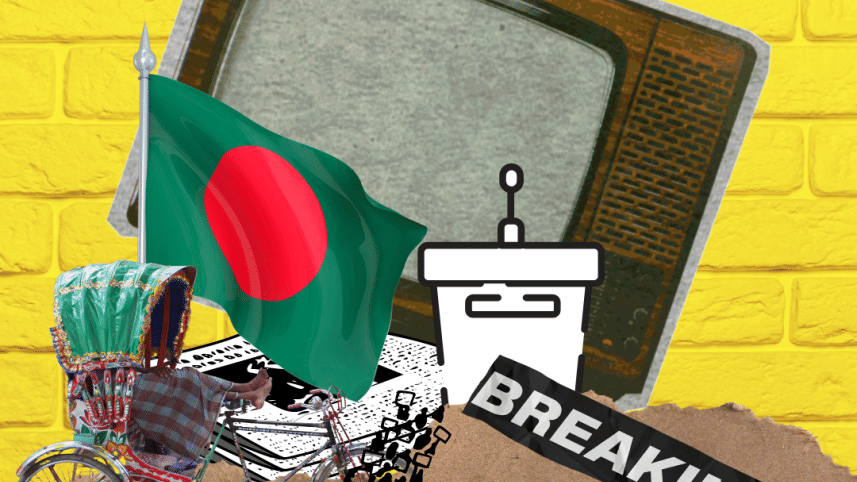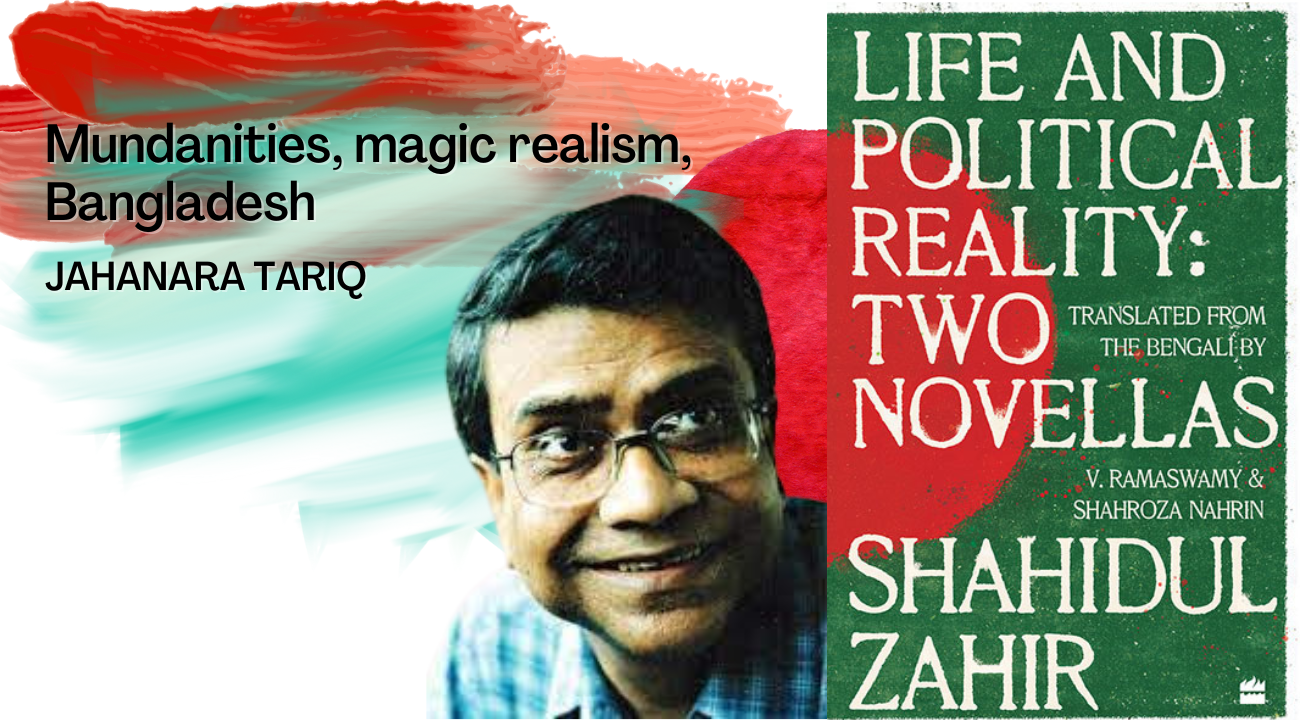An invaluable study of Bangladesh's political history

"If our leaders can fool us, I have the right to seek paradise in that," writes senior journalist and author Nadeem Qadir in his article titled "In Fool's Paradise". This title goes on to become the name of his book, which compiles his articles that were published in various newspapers and magazines between 1993 and 1999. The collection comes with a foreword by Afsan Chowdhury, noted Liberation War researcher, columnist, journalist and academic; alongside notes from Mahfuz Anam, editor and publisher of The Daily Star, and Enayetullah Khan, who was then editor-in-chief of the weekly Holiday. Some additional materials include an unpublished article and a poem dedicated to the author's father.
In Fool's Paradise is aptly named as it gives us a glimpse of post-independence Bangladesh, a young nation still struggling to find its identity amidst post-war blows. Bangladesh was still battling famine, and independence did not magically solve the problems related to corruption entrenched within its system. Soon, it was also clear that independence was not synonymous with democracy. Qadir's articles give way to the idea that true paradise would be a country dedicated solely to serving its people, not just a few higher officials. A country for the people, by the people.
Although each of the articles tackles a different issue with incisive and insightful analysis, there is coherence. "I caught one boy and told him he will have the best flowers provided he narrated the significance of the day. Sadly he left without a single flower and red-faced," writes Qadir in "Let the flowers remain unplucked, the martyrs in peace", an article where he laid bare the vain celebrations the nation carries out during 21st February without half the population realising the significance that it carries. As the book is a glimpse through the 1990s in Bangladesh, you will also pass through regime changes, and Qadir does not shy away from criticising the turmoil that greets such political transitions.
In "Turn grief into strength" and "In the land of 'holidays', all is fair" he calls out the same old tired role that all opposition parties seem to play in Bangladesh, with the opposition always resorting to some form of street agitation and the party in power seemingly being on the side of peace.
What's fascinating is how some (maybe most) of these issues discussed in the book hold true even to this day, two decades later. There are commentaries on campus violence, controlling traffic jams in Dhaka, corruption, bribery, and many more. The writer suggests keeping a separate rickshaw lane to reduce traffic gridlock; and, for owners of multiple vehicles, "using only one of them during peak hours". These are suggestions I've noticed even after the recent surge in traffic resulting from the COVID and, this, for a moment, made me think if we have failed to make any progress at all.
But then the candour with which Qadir holds political elites accountable jolt you back to the present time. He does not shy away from criticising them and their role in perpetuating the cycle of violence and corruption; something that might not be reported as bluntly today.
The writer's motivation for compiling his previously published articles into this book was so that his ideas don't fade away, since most of these pieces might not have been digitised or archived online. Throughout the frustrations he reflects in his articles, one thing is clear—Qadir's love for his country and his wish to see it prosper. His writing is also strongly influenced by the disappearance of his father during the war of 1971 and this pain is reflected in each and every criticism he presents about his motherland.
This is a fascinating account of Bangladesh's political history, particularly its struggle for democracy, the rise of authoritarianism, and the challenges facing the country's democratic institutions.
Tasnim Odrika is a biochemist by day and a writer by night. Reach her at odrika02@gmail.com.



 For all latest news, follow The Daily Star's Google News channel.
For all latest news, follow The Daily Star's Google News channel. 

Comments